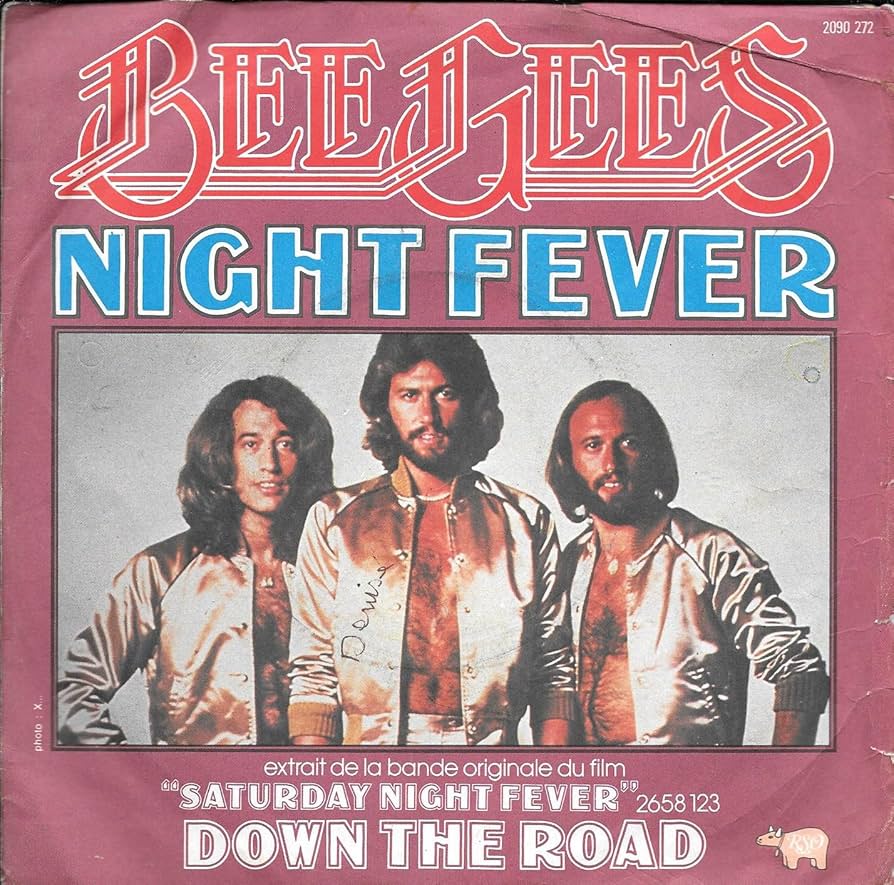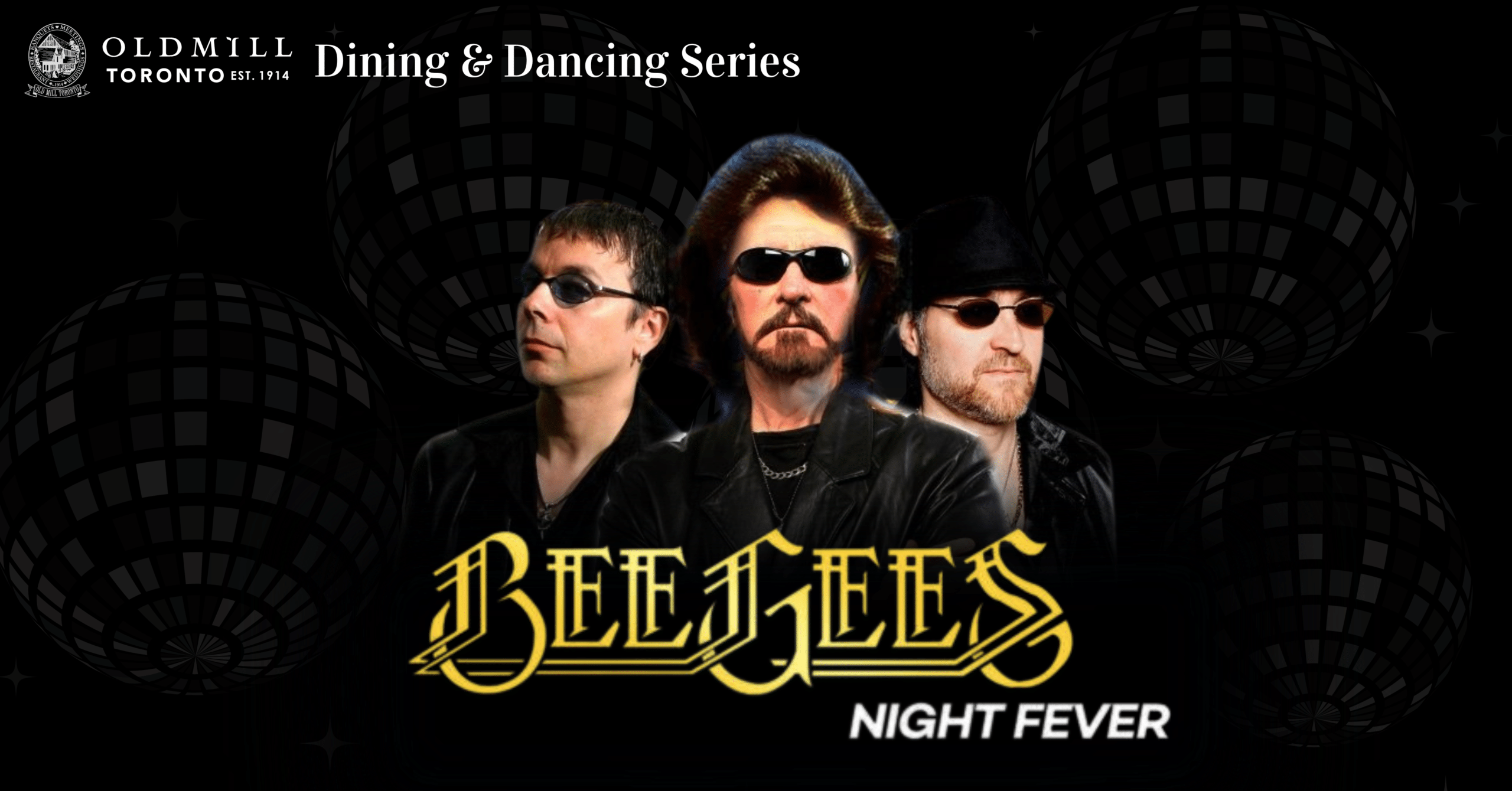
“Night Fever” by Bee Gees is a timeless classic that has become an iconic piece of music history. Released in 1977, the song was part of the Bee Gees’ album Saturday Night Fever, which not only defined an era but also helped bring disco music to the global stage. As one of the most successful songs of the late ’70s, “Night Fever” stands as a testament to the brilliant songwriting and production of the Gibb brothers, particularly Barry Gibb, Robin Gibb, and Maurice Gibb, whose harmonies and melodic structures became synonymous with the disco sound.
At the heart of “Night Fever” is its catchy, infectious rhythm and smooth vocal delivery. The song, which has been described as one of the definitive tracks of the disco era, features a lush orchestral arrangement combined with a prominent bass line, setting the stage for the unmistakable groove that made it a favorite among listeners worldwide. The song’s lyrics convey a sense of freedom and joy, capturing the spirit of the disco dance floors and the vibrant nightlife of the time.
In 1977, when “Night Fever” was first released, the song quickly rose to prominence. It became a chart-topping hit, and its infectious beats resonated not only with fans of disco but also with a broader audience. Perhaps the most impressive aspect of the song’s success is its 13-week run in the Top 10, a feat that cemented its place in music history. For many, “Night Fever” was not just a hit song but an anthem of the disco movement, which dominated the late ’70s and influenced fashion, culture, and dance styles for generations to come.

In addition to its chart success, “Night Fever” also played an integral role in the Bee Gees’ rise to stardom. The album Saturday Night Fever not only defined the band’s career but also became one of the best-selling soundtracks of all time. The success of “Night Fever” was a key factor in the global success of the movie Saturday Night Fever, which starred John Travolta and captured the energy of the disco culture. The film and its soundtrack, including tracks like “Stayin’ Alive” and “How Deep Is Your Love,” solidified the Bee Gees’ legacy as one of the most influential music acts of the 20th century.
What makes “Night Fever” truly remarkable is its ability to transcend time and still resonate with listeners today. Even as disco music fell out of favor in the years following its peak, “Night Fever” has remained a beloved track. Its impact on modern pop music is undeniable, with many contemporary artists citing the Bee Gees as an influence. The song’s timeless appeal lies not only in its infectious rhythm but also in its ability to evoke a sense of nostalgia, transporting listeners back to an era of bold fashion and vibrant nightlife.

The enduring popularity of “Night Fever” is a testament to the Bee Gees’ unmatched ability to blend catchy melodies with sophisticated arrangements, creating a sound that was both accessible and innovative. Their success in 1977 marked a pivotal moment in both their careers and in the history of popular music, and “Night Fever” remains a shining example of their musical genius.
In conclusion, “Night Fever” by Bee Gees is more than just a song; it is a cultural touchstone that captures the energy and excitement of an era. Its 13-week presence in the Top 10 and its continued popularity over the decades serve as a tribute to the enduring legacy of the Bee Gees. With its unforgettable rhythm and smooth vocals, “Night Fever” is a song that will forever remain synonymous with the spirit of the disco era and the enduring influence of the Bee Gees on the world of music.